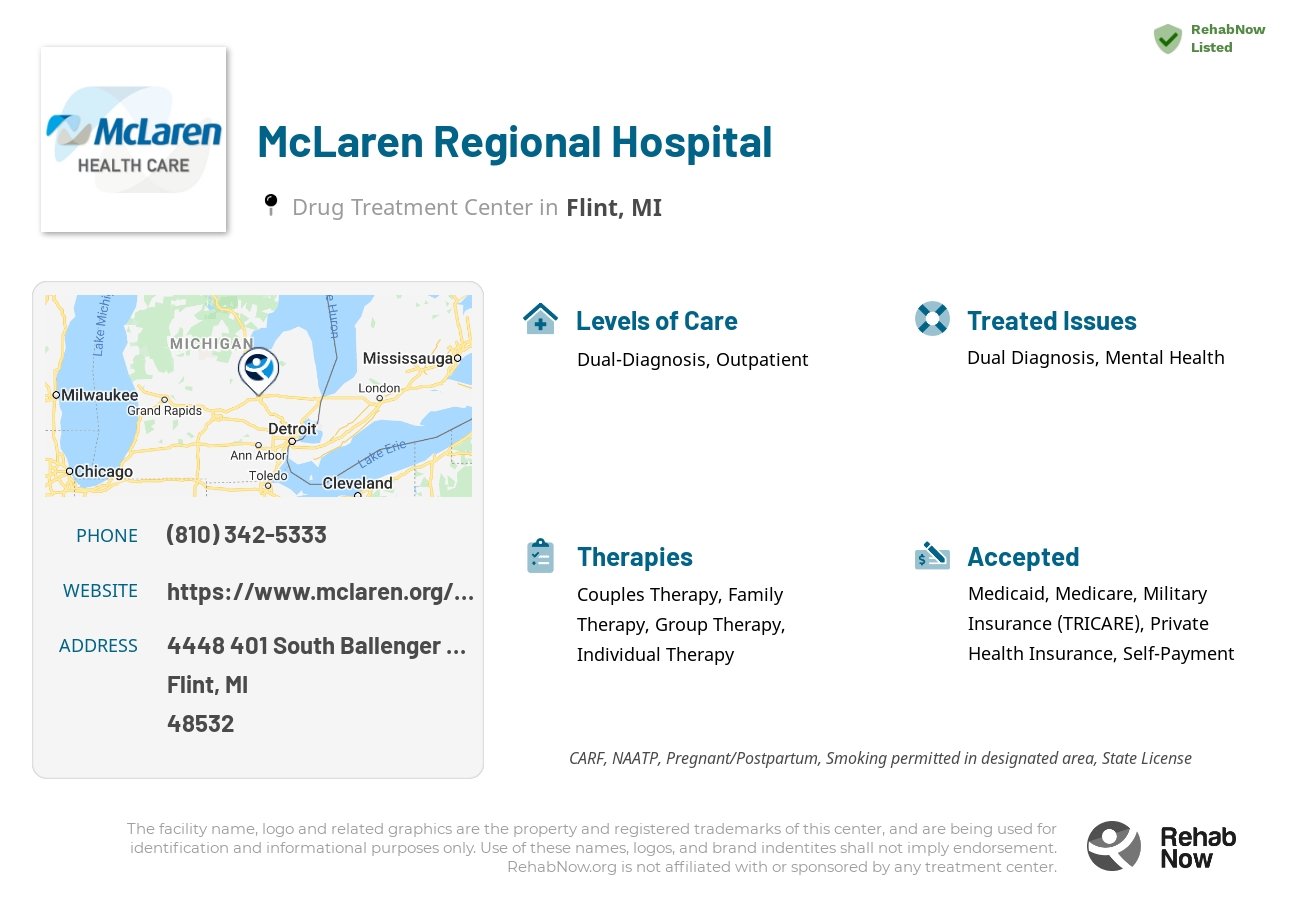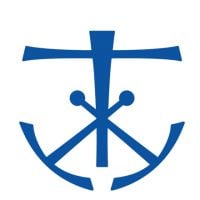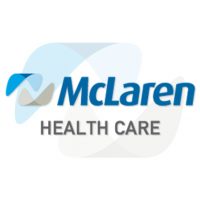
McLaren Regional Hospital
Drug Rehab Center in Flint, Michigan
- Mental Health
- Dual Diagnosis
McLaren Regional Hospital offers a wide range of medical services, including addiction treatment services for adults and adolescents, with individualized programs tailored to each client's specific needs.
About McLaren Regional Hospital in Michigan
McLaren Regional Hospital is a premier healthcare facility located in Flint, Michigan. Serving the greater Flint/Genesee County, this acute care hospital provides a wide array of medical services, including rehabilitation services, critical care, women's health, and orthopedic services. They also have a dedicated Behavioral Health Services department that offers comprehensive mental health and addiction treatment services for adults and adolescents, including inpatient and outpatient options.
McLaren Regional Hospital provides an integrated and comprehensive approach to addiction treatment, with programs tailored to each individual's specific needs. Available services include individual or group counseling, medications to help manage withdrawal symptoms, and support services to help clients develop effective coping skills and relapse prevention strategies. They also provide state-of-the-art therapies such as cognitive-behavioral therapy, medical detoxification services, trauma-informed care, and family counseling to help clients build a strong support network.
McLaren Regional Hospital is accredited by The Joint Commission, licensed by the Department of Licensing and Regulatory Affairs, and is a proud recipient of the American Heart Association's Gold Plus Award. Additionally, they offer special programs to help individuals with co-occurring medical and mental health needs, including addiction, as well as comprehensive care to provide a comprehensive treatment plan for long-term recovery.
Genders
Ages
Modality
Additional
Conditions and Issues Treated
A “dual diagnosis” is when the individual has two medical issues at the same time. The top co-occurring mental disorders with addiction are depression, anxiety, ADHD, bi-polar disorder. Addiction is also considered a mental illness that is not a choice but rather a medical condition. Addiction can be caused by any number of underlying issues.
Dual diagnosis is provided by McLaren Regional Hospital to treat addictive tendencies as well as any untreated mental illnesses. This ensures successful long term health and recovery for patients after treatment has been completed.
Dual diagnosis is provided by McLaren Regional Hospital to treat addictive tendencies as well as any untreated mental illnesses for people in Michigan. This ensures successful long term health and recovery for patients after treatment has been completed.Levels of Care Offered
This center offers a variety of custom treatment tailored to individual recovery. Currently available are Dual-Diagnosis, Outpatient, with additional therapies available as listed below.
Outpatient programs at McLaren Regional Hospital, the Flint resident can live with their family while continuing with their job or studies. Treatment includes educating the patient on drug abuse, medications, and counseling sessions at the individual or group level. Outpatient treatment plans cover diagnosis, detoxification, management, and counseling. They are a popular option for those who have graduated from inpatient facilities.
Therapies & Programs
Individual therapy is a form of counseling where you meet with a trained professional one-on-one. Meeting with a therapist in this setting allows for a personal and trusting relationship to be built. This allows the patient to open up about sensitive or private issues they may not feel comfortable discussing in a group. Individual therapy helps identify the root causes of your addiction, which can help prevent relapse.
Couples therapy for drug addiction is a unique form of therapy that allows family members to work through the emotional issues of their loved one’s addiction together. Family members can support each other while learning how to cope with the addiction and encourage healthy changes. The two will work with a therapist to learn how the addiction affects themselves and the relationship.
Family therapy is often done alongside drug treatment to help addicts stay sober. The goal of family therapy for drug addiction is to create an environment where communication can happen without judgment, hostility, or blame. The therapist will sit with the family so they can learn how to communicate differently and provide new tools for dealing with emotions so that people don’t want to drink or do drugs. It’s important for families to focus on relapse prevention plans during treatment so that if the addict feels like they want to use again, they’ll know what steps they need to take together to prevent it from happening again in the future.
Group therapy sessions are another common addiction recovery service. These group sessions typically involve six to 12 addicts who meet regularly with a trained professional for support and guidance.
During these sessions, the group shares their experiences with one another and provides feedback that can help each member avoid relapse or overcome specific obstacles they are facing in their recovery process. With this type of support and guidance, addicts can feel like they are part of a community that understands their struggles and will help them get through the hard times.
Cognitive Behavioral Therapy (CBT) focuses on the underlying thoughts and behaviors that caused the problem of addiction in the first place and may cause a relapse. Negative feelings are common in drug abuse disorders, but they can lead to co-occurring disorders if not recognized. CBT involves strategies that help to change the behavior pattern by restructuring negative thoughts into positive ones. It helps to remove these feelings, and it provides long-term benefits. Also, CBT promotes self-awareness and self-control. It can be administered as a monotherapy or as part of combination therapy.
CBT can improve the patient’s mood, reduce drug cravings and boost success rates on treatment plans. Regular practice can help individuals handle negative attitudes, thoughts, and feelings without turning to drugs or alcohol. The core belief of Cognitive Behavioral Therapy (CBT) is that one’s moods, behaviors, and actions are all connected. Individuals can improve their quality of life using CBT. It helps addicts understand the patterns of thought and feelings that cause them to use drugs or alcohol and develop a healthy response.
Payment Options Accepted
For specific insurance or payment methods please contact us.
Is your insurance accepted?
Ask an expert, call (888) 674-0062
McLaren Health Care Associated Centers
Discover treatment facilities under the same provider.
- Bay Regional Medical Center - Mclaren Bay Region in Bay City, MI
- McLaren Oak Bridge Center in Flint, MI
- McLaren Oakland Hospital in Pontiac, MI
- McLaren Lapeer Region in Lapeer, MI
- McLaren Oakland Hospital - Geriatric Psychiatry in Pontiac, MI
Learn More About McLaren Health Care Centers
Additional Details
Specifics, location, and helpful extra information.
Flint, Michigan 48532 Phone Number(810) 342-5333 Meta DetailsUpdated November 25, 2023
Staff Verified
McLaren Regional Hospital Patient Reviews
There are no reviews yet. Be the first one to write one.
Flint, Michigan Addiction Information
Michigan has the second-highest rate of drug and alcohol abuse in the nation. Heroin is linked to more than 50% of the state's hepatitis C cases. Marijuana is the drug most often associated with crimes in Michigan, followed by methamphetamines. Opioids alone are responsible for almost 20% of all drug overdose deaths in Michigan.
Flint, Michigan has a high rate of drug addiction and abuse. Drug overdoses are the leading cause of death for people under the age of 50. In 2017, there were 1,568 drug-related deaths in Flint, Michigan. Drug addiction can lead to crime, violence, and other negative behaviors. There are many treatment options available in Flint. Some of the most common include inpatient and outpatient rehab programs, 12-step meetings, and therapy.
Treatment in Nearby Cities
- Clarkston, MI (25.0 mi.)
- Chelsea, MI (50.3 mi.)
- Jonesville, MI (85.6 mi.)
- Pigeon, MI (61.0 mi.)
- Imlay City, MI (33.1 mi.)
Centers near McLaren Regional Hospital
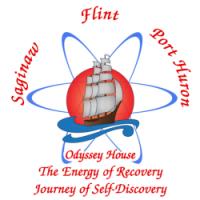

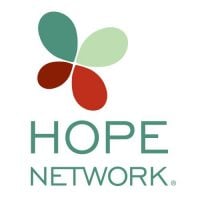
The facility name, logo and brand are the property and registered trademarks of McLaren Regional Hospital, and are being used for identification and informational purposes only. Use of these names, logos and brands shall not imply endorsement. RehabNow.org is not affiliated with or sponsored by McLaren Regional Hospital.

